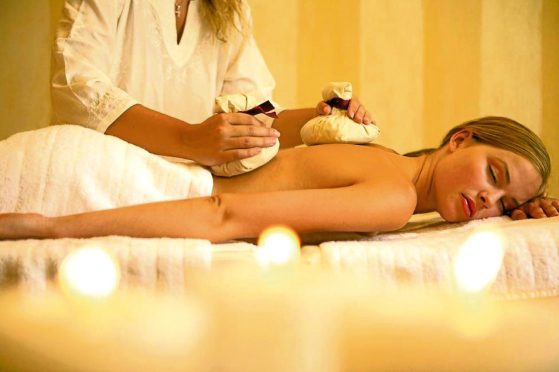If you’re always turning to your wallet when you’re feeling bored, stressed or happy, you could be an emotional spender.
Have you ever wondered why you’re always scraping the last of your pennies together a week before payday?
For some people, it could be a warning sign their emotions are playing a big part in controlling their spending habits.
MoneySuperMarket.com teamed up with consumer behaviour experts MindLab to delve into the spending attitudes of 2,500 people – and map the spending choices they made to their state of mind.
The study suggested some of us are particularly prone to emotional spending, with some people showing mild traits and others more severe ones.
Pip Heywood, brand director at MoneySuperMarket, said: “Everyone has their reasons for buying that handbag or booking that weekend away in the country, but they probably don’t realise that a situation three hours earlier, unrelated to the purchase, prompted them to buy it.” According to MindLab psychologist David Lewis, being aware of the triggers that could be setting particular spending habits off is the first step towards taking control.
The research found four distinct groups.
Celebrationist
Are you more likely to open your wallet when life is on a high? If so, you could be a celebrationist spender – one of the people who overspends when they’re feeling good.
Celebrationist spenders are likely to go shopping or spend their hard-earned cash to reward themselves on a good day. They are particularly likely to splash the cash at restaurants, and treat themselves to a tipple or two.
Stressed splurger
Do you find yourself parting with money after a particularly demanding day at work, or when you’re feeling frazzled?
You could be a stressed splurger – spending impulsively when you’re in a heightened state of stress. When in this mood, you’re much more likely to overspend on food treats to lift your spirits.
Women stressed splurgers are likely to splash out on beauty products, while men will book an impulsive trip away.
Sad spender
Are you someone who turns to the plastic when you’re unhappy? Then you could be a sad spender, turning to impulse buys and overspending when you’re feeling blue.
These people are likely to splash the cash on “treat food” to cheer themselves up, or clothes and beauty products to lift their mood.
Bored buyer
Are you tempted to browse online or hit the high street when you’re at a loose end? If you find yourself doing this regularly, you could be a bored buyer.
You’re maybe a little bit reckless when spending your cash, showing much more impulsive traits than other types of spender and making snap decisions about what to put in your basket.
